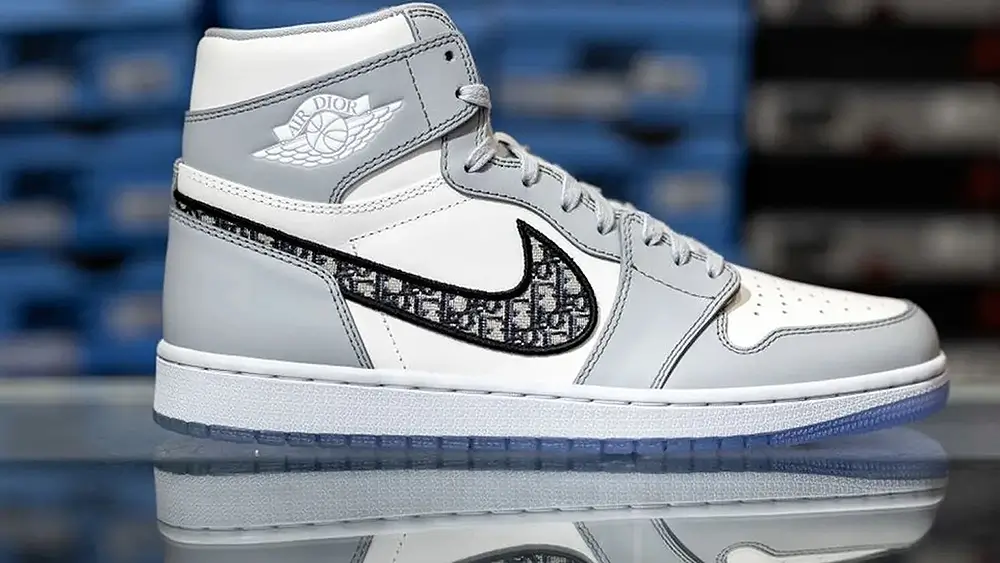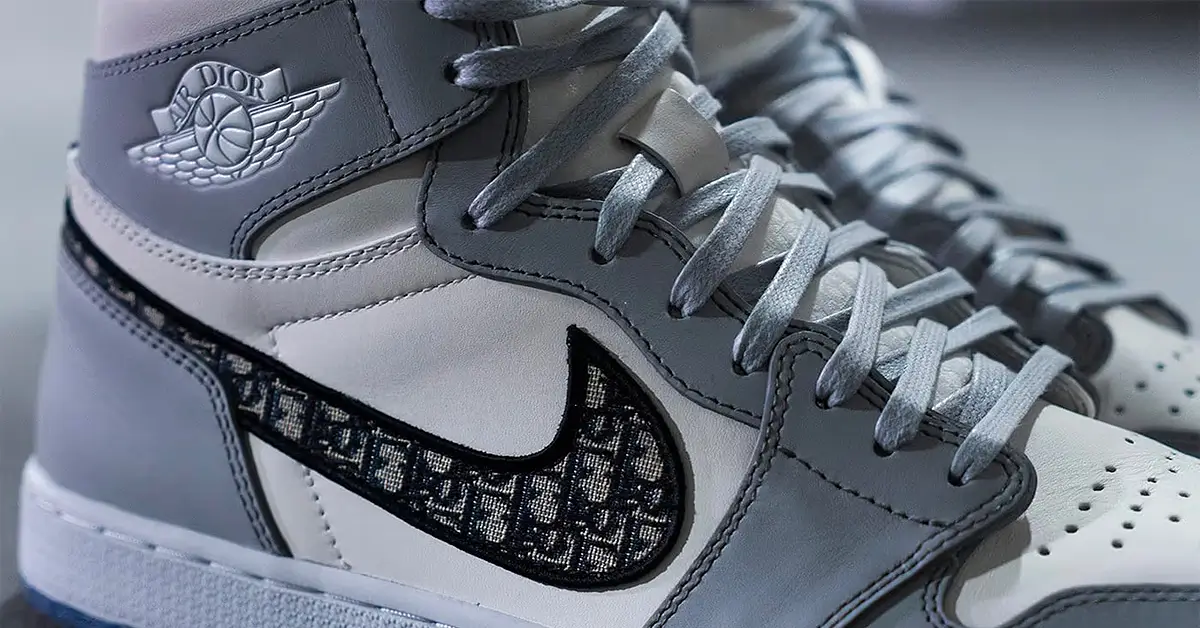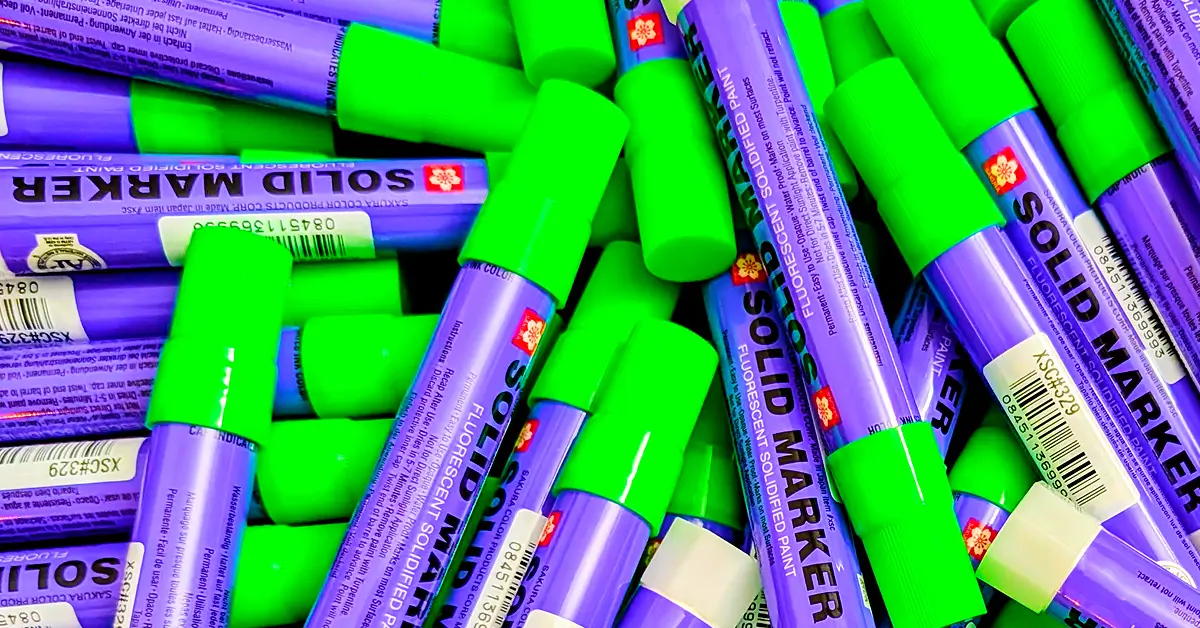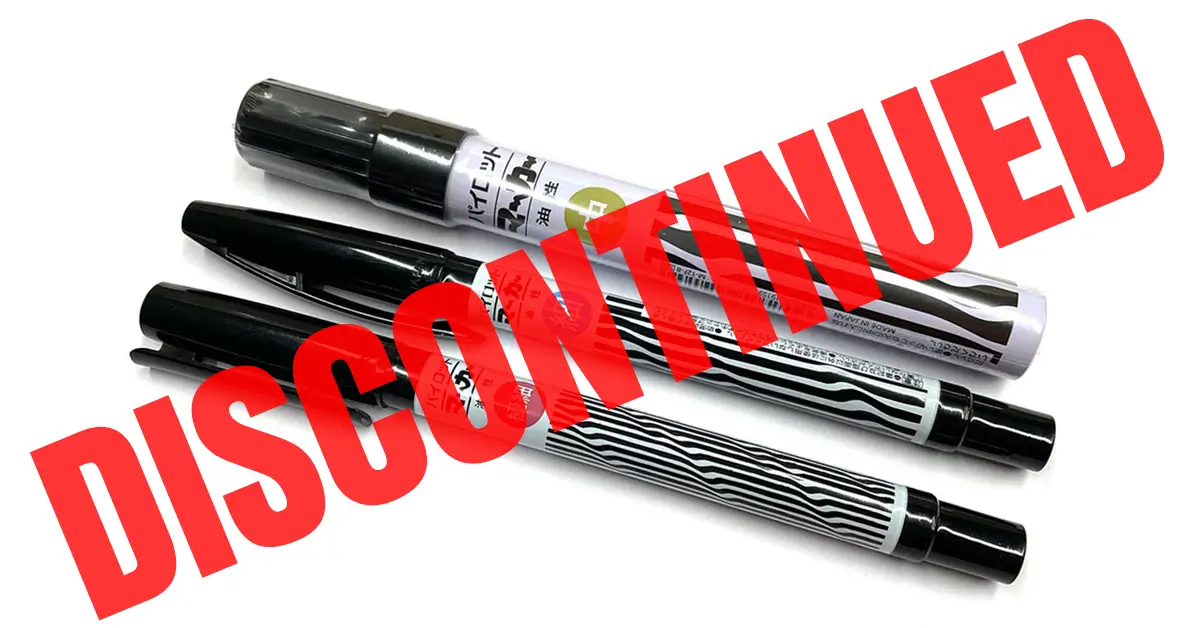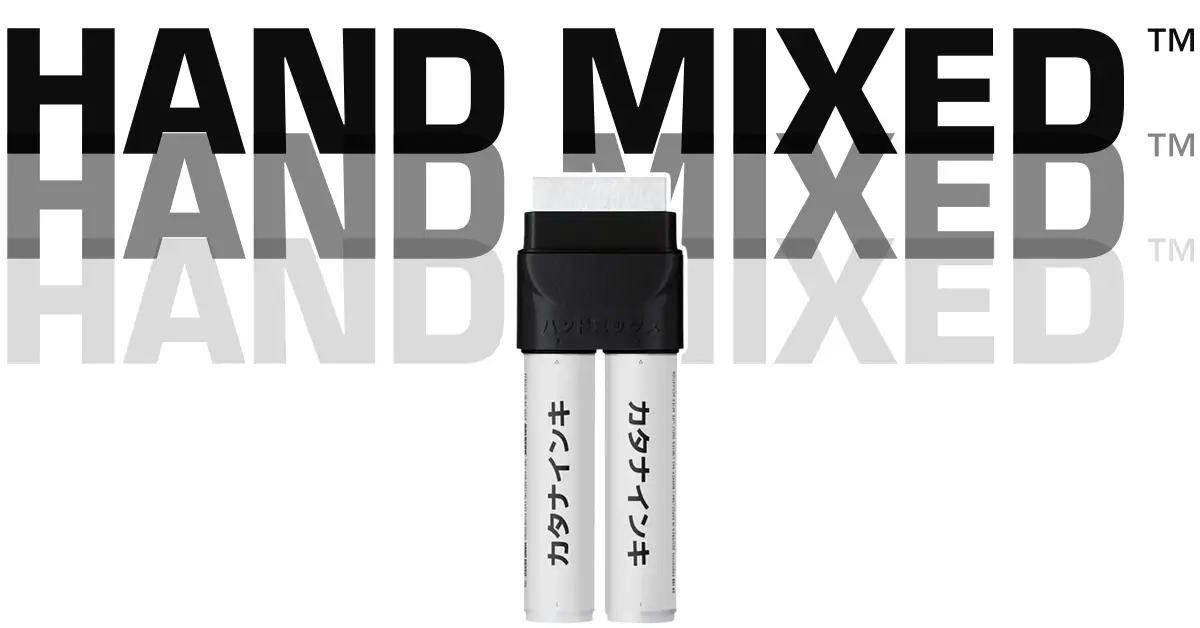Man Spends $20,000 On Fake Jordans, Sues The Seller
A resident of Melbourne, who invested almost 30,000 Australian dollars (£16,100) in what he now believes to be counterfeit shoes, has seen his case dismissed by a tribunal. The man had sought a refund for seven pairs of sneakers, including coveted limited-edition models created through a collaboration between sportswear giant Nike and fashion powerhouse Dior.
However, legal authorities in the state determined that the individual knowingly made the purchase from a 17-year-old boy, who, at the time of the transaction, lacked the legal capacity to sign contracts and, consequently, was not obligated to issue refunds.
Last October, the man, who works as an estate agent, brought the 17-year-old student and his father to the Victorian Civil and Administrative Tribunal (VCAT) in an attempt to secure a refund for the seven pairs of shoes. Among them were four pairs of exclusive sneakers resulting from the Nike and Dior collaboration—Dior x Nike Air Jordan 1 high-tops and low-tops, with limited availability of 4,700 and 8,500 pairs, respectively, distributed through a raffle system.
For each pair of the Nike Air Jordan 1 Dior sneakers, the man paid varying sums ranging from A$3,800 (£2,040) to A$10,000 (£5,370). Additionally, he spent A$2,690 (£1,445) on three pairs of Nike Air Jordan 1 sneakers in assorted colors.
Upon receiving the shoes, the man claimed to have identified “defects” and sought a refund from the seller. However, when his attempts to contact the seller went unanswered, he reached out to the father of the teenager involved in the transaction.
The man asserted that the teenager’s father accompanied him to local authenticators, who promptly identified the teen as a “fraudster and scam artist.” The teen and his father countered these allegations, disputing the authenticity claims and asserting that the chosen store for authentication was duly authorized.
The seller’s father informed the tribunal that his involvement stemmed from a need to “protect the safety of his family” after his son faced pursuit in a shopping center.
In December, VCAT member Katherine Metcalf dismissed the claim, emphasizing that the father’s involvement did not imply responsibility for the refund, as the agreement was strictly between the man and the student. However, since the seller was underage during the sale of the shoes, he lacked the legal capacity to enter into a contract or assume liability for refunds under Victorian state law.
Ms. Metcalf noted in her reasons for dismissal, “Had the agreement been entered into when [the seller] was 18 years old, the result might have been different.” She acknowledged the general legal protection afforded to minors but suggested that, in this context, it could be argued that it is not the minor who requires protection, but rather those engaging in business with him.
[BBC.com]
